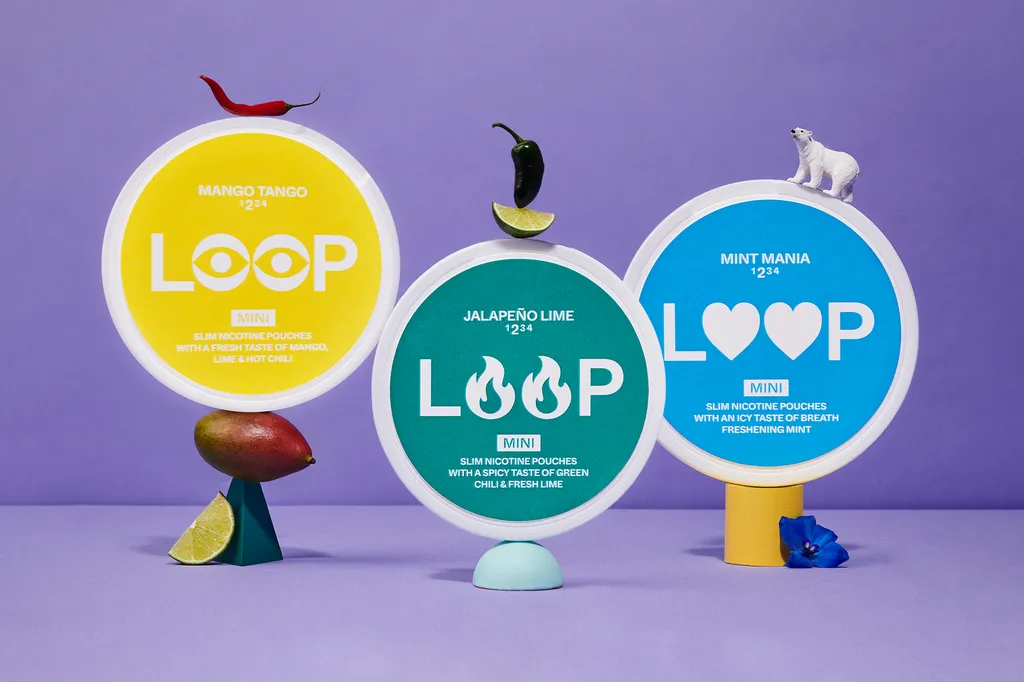Have you ever stumbled upon a word that seems to defy definition, a linguistic ghost lurking in the shadows of dictionaries? Today, we’ll tackle one such spectral term snuns, alongside its more established cousin, snuff. We’ll delve into their origins, uses, and the strange corners of language they occupy. Let’s begin!
What Exactly Is Snuff?
Snuff, in its most common usage, refers to finely ground or pulverized tobacco that is inhaled or “snuffed” into the nasal cavity. This isn’t some modern invention; the practice stretches back centuries, enjoyed by everyone from indigenous populations in the Americas to European royalty. But why? What’s the appeal?
The primary reason, of course, is nicotine. Snuff provides a rapid delivery of nicotine into the bloodstream through the nasal membranes. This results in a quick buzz, a stimulating effect that users find pleasurable. Different types of snuff exist, varying in flavor, moisture content, and nicotine strength. Some are dry and finely ground, while others are moist and coarser. Flavors range from simple tobacco blends to complex concoctions with hints of menthol, fruit, or even floral aromas.
The history of snuff is rich and fascinating. Early forms were used in ritualistic ceremonies by Native Americans, who considered tobacco a sacred plant. When Europeans arrived, they quickly adopted the practice, and snuff became a fashionable habit among the elite. Ornate snuffboxes became status symbols, demonstrating wealth and refinement. Think powdered wigs, silk waistcoats, and a delicate pinch of snuff – a scene straight out of a historical drama.
But snuff isn’t just about nicotine and history. It also offers a unique sensory experience. The act of taking snuff can be a ritual in itself, a moment of quiet contemplation. The aroma, the texture, the slight burn in the nasal passages – all contribute to the overall experience. Some users appreciate the tradition, the connection to a past era when snuff was a mark of sophistication.
And What About Snuns? The Mystery Deepens
Now, let’s confront the elephant in the room – or rather, the snuns in the dictionary. Unlike snuff, snuns isn’t a widely recognized word. You won’t find it listed in most standard dictionaries. This raises a crucial question − Does it even exist?
The answer is complicated. Snuns isn’t a standard English word in the same way that “snuff” is. It doesn’t have a clear definition or established usage. However, language is fluid and ever-changing. New words are constantly being coined, and existing words can take on new meanings. So, where might snuns come from?
One possibility is that snuns is a regional or slang term. Perhaps it’s used in a specific community or subculture to refer to a particular type of snuff, or even a related product. Slang terms often emerge organically, circulating within a specific group before potentially gaining wider recognition.
Another possibility is that snuns is simply a misspelling or a typographical error. In the age of autocorrect and predictive text, it’s easy for mistakes to slip through the cracks. Perhaps someone intended to write “snuff” but accidentally typed “snuns” instead.
It’s also conceivable that snuns is a neologism, a newly coined word. Someone might have created the term for their own purposes, perhaps as a playful variation on “snuff” or as a name for a new product. If the term catches on, it could eventually enter the mainstream vocabulary.
To investigate further, we could turn to online forums and social media. Are there any communities where snuns is used regularly? What do people mean when they use the term? Searching these platforms might reveal hidden meanings and usages.
Ultimately, the mystery of snuns highlights the dynamic nature of language. Words are not static entities; they evolve and adapt over time. What is considered “correct” or “standard” today may be different tomorrow. The fact that snuns lacks a clear definition in mainstream dictionaries doesn’t necessarily mean it’s meaningless or invalid. It simply means that its usage is more niche or emergent.
So, the next time you encounter an unfamiliar word, don’t dismiss it out of hand. Instead, embrace the mystery and delve into its possible origins. You might just uncover a hidden corner of the linguistic landscape. Perhaps snuns is destined to become the next big thing in the world of tobacco alternatives! Or perhaps it will remain a linguistic curiosity, a reminder that language is always in flux. Only time will tell.

